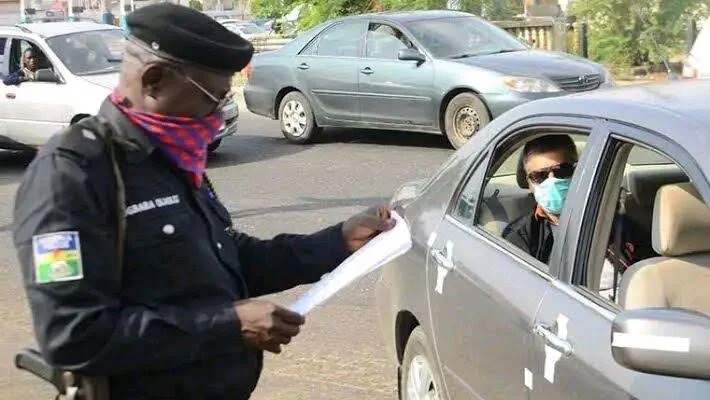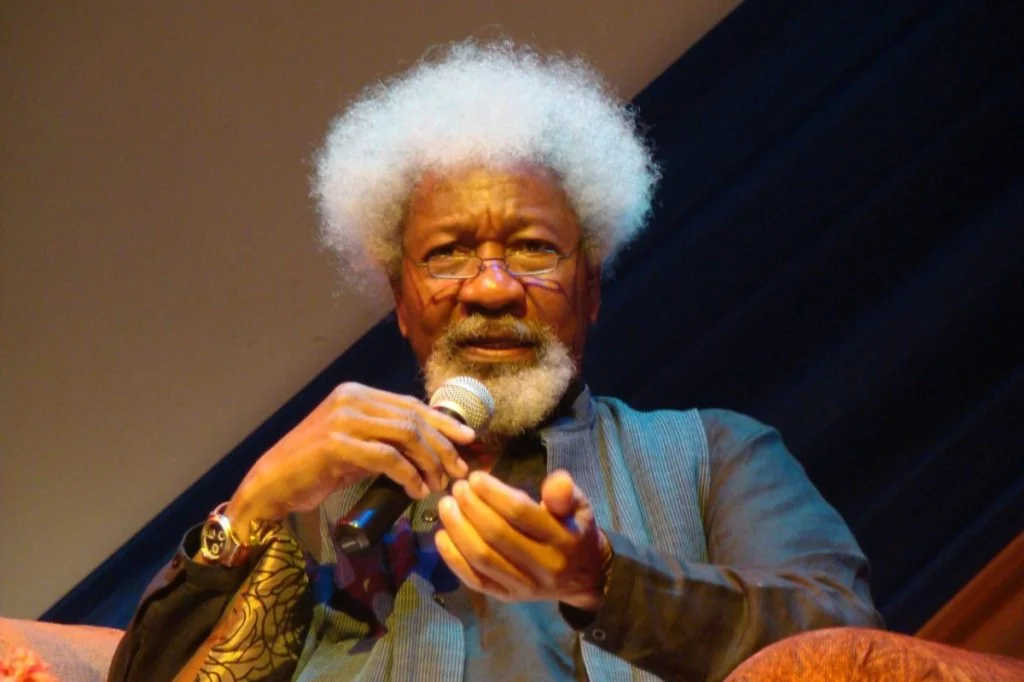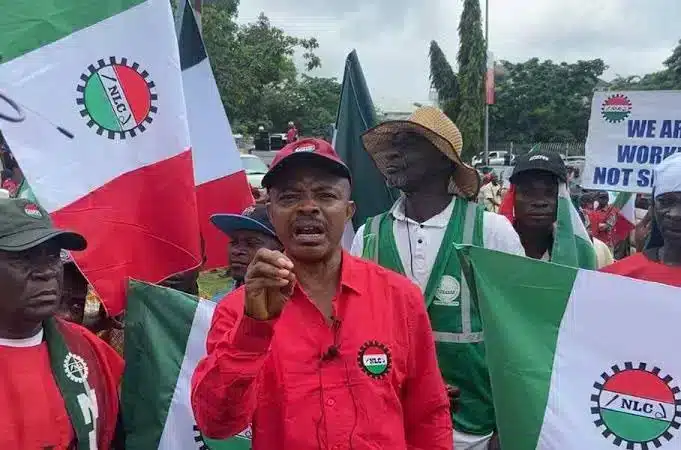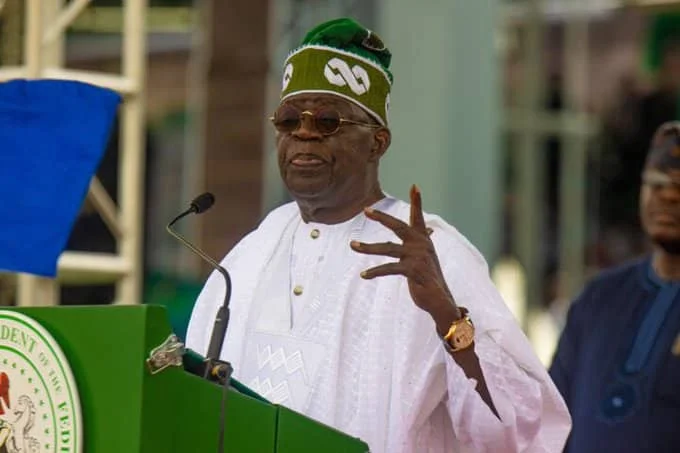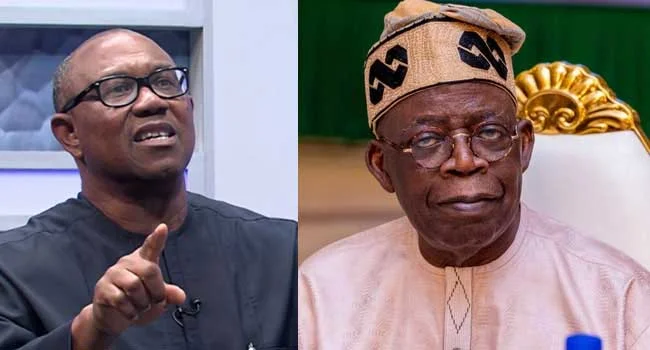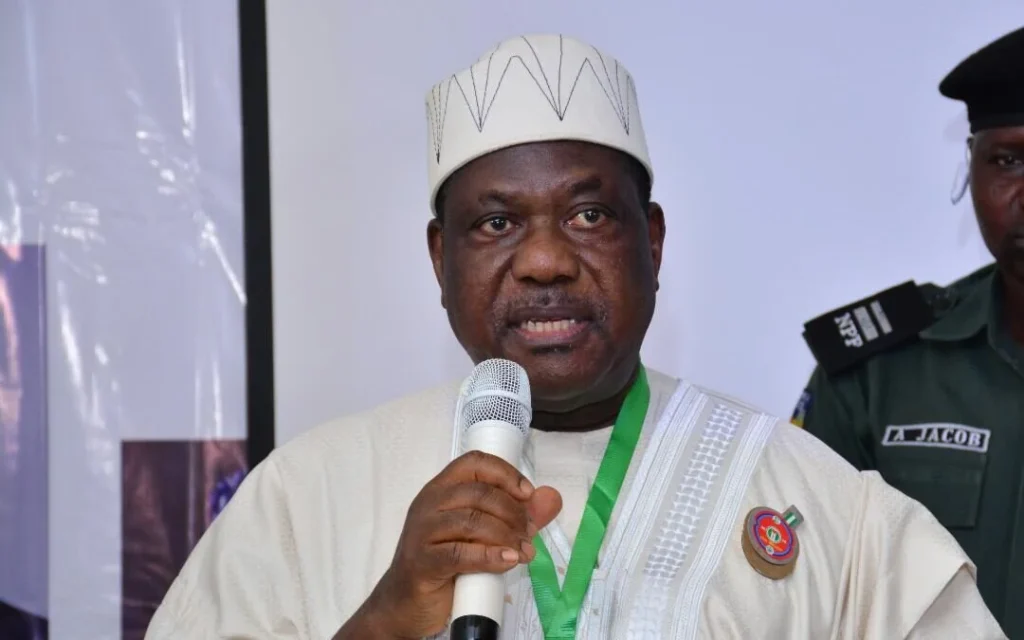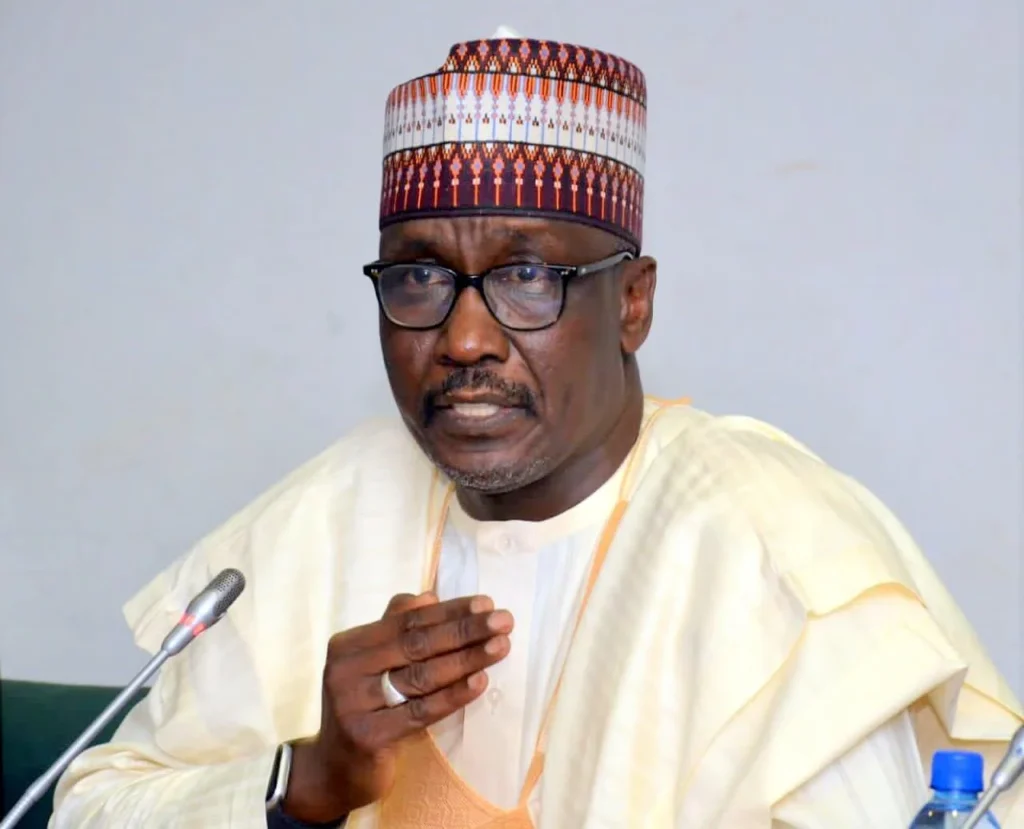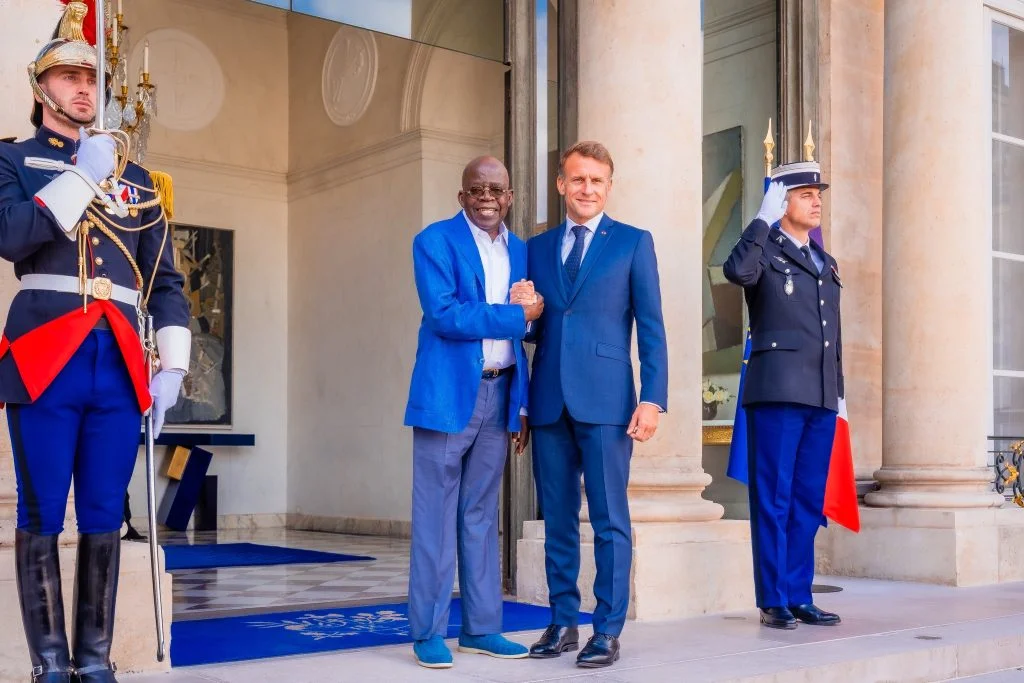In an era where diplomatic formalities often overshadow personal convictions, Nobel Laureate Prof. Wole Soyinka has once again proven that his principles are not for sale, even at the gates of global superpowers.
In a fiery declaration that has sparked intense debate across intellectual, political, and diasporic circles, Soyinka rejected an invitation to a US visa re-interview, citing distrust in the current American government and likening its leadership to one of history’s most infamous dictators.
This is not just a story about a missed visa appointment, it’s a profound statement about power, race, identity, and resistance in the 21st century. As the world watches, Soyinka is not merely declining a bureaucratic request; he is calling out the soul of a nation.
Wole Soyinka vs The White Idi Amin? A Provocative Parallel
In what may go down as one of the most searing criticisms of US leadership by an African intellectual, Soyinka didn’t mince words: “Are we looking in the case of the United States, at the white Idi Amin, for instance?”
That sentence alone has sent shockwaves through diplomatic and media spaces.
The comparison to Idi Amin—a brutal Ugandan dictator known for his tyrannical rule, human rights abuses, and cult of personality—casts a damning shadow over the U.S. presidency, particularly the current incumbent, whom Soyinka stops just short of naming.
For a man of Soyinka’s stature to draw such a parallel is not rhetorical flourish—it is ideological warfare.
He’s signaling that the United States, a self-proclaimed beacon of democracy, may be morphing into the very authoritarianism it claims to combat abroad.
More Than a Visa: A Protest Against Hypocrisy
Soyinka made it clear that this decision is not rooted in personal inconvenience or ego: “I have more pressing commitments than seeking visas.”
This simple statement underscores a much deeper message: the refusal to legitimize systems that betray their own stated values. It’s a protest against what Soyinka likely perceives as a rising tide of xenophobia, double standards in foreign policy, and a weaponization of immigration protocols to exert soft power.
In this context, Soyinka isn’t dodging an interview—he’s boycotting complicity.
The Diplomatic Snub Heard Around the World
Diplomatic engagements between individuals of international repute and powerful states are usually cloaked in courtesies and quiet negotiations. But Soyinka’s rejection of the re-interview is loud, unapologetic, and loaded with symbolism.
Power, Paranoia, and the Decline of American Exceptionalism
By stating, “I don’t know what is waiting for me on the other side of the door,” Soyinka reveals a paranoia that, ironically, has been cultivated by the very country he’s rejecting.
For decades, the United States has used fear—of terrorism, of immigration, of “the other”—to tighten borders and justify intrusive screenings.
Now, that architecture of suspicion is turning inwards—questioning even those who once stood beside the U.S. as champions of freedom and democracy.
Soyinka’s response flips the narrative: perhaps it is the United States that should be interrogated.
A Global Intellectual Taking a Stand
Wole Soyinka has never shied away from controversy. From his anti-apartheid activism to his opposition to Nigerian military dictatorships, he has made a life of staring down power and refusing to blink.
But in this episode, his resistance is aimed at something much bigger than a single visa issue—it is a rejection of systemic arrogance.
He reminds us that true global leadership is not about muscle, but moral clarity.
And if even a figure like Soyinka, an icon of global literature, peace, and human rights, is questioning the values of the world’s most powerful nation, then the rot may be deeper than we think.
The Politics of Respect and the Right to Refuse
In an age where soft power is increasingly transactional, Soyinka’s bold stand represents something rare: a refusal to play the game. His decision not to step into an embassy “linked to a government he distrusts” is more than personal—it’s philosophical.
It sends a chilling message to the U.S. foreign service: respect is not automatic; it is earned.
And if that respect is eroded by racism, authoritarian behavior, or bureaucratic bullying, then even the most esteemed citizens of the world may choose to walk away.
When Borders Can’t Contain Integrity
Wole Soyinka’s rejection of the U.S. visa re-interview is not about paperwork—it’s about power, perception, and principle.
At a time when nationalism is weaponized, and visa systems are used to punish or filter ideologies, Soyinka’s stand is a beacon for anyone who believes conscience should trump convenience.
His words, his decision, and his courage challenge us to ask: What are we willing to sacrifice in the name of principle?
Because sometimes, the most radical act of freedom is saying no.


